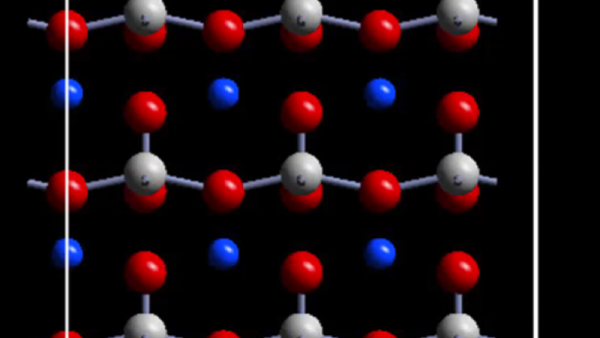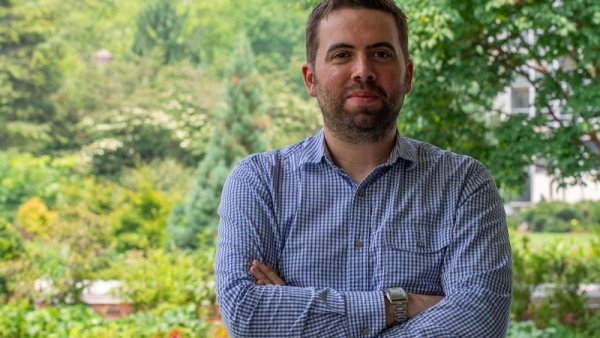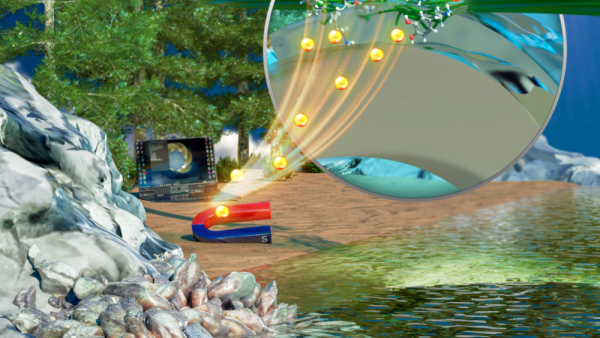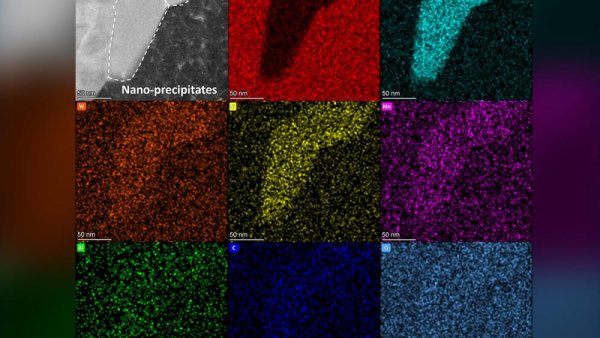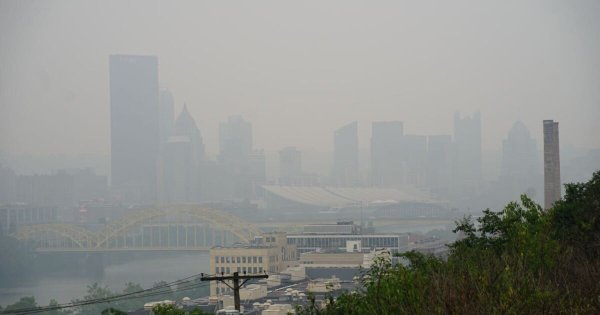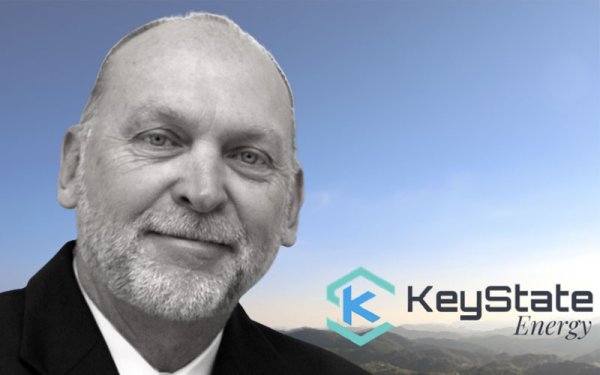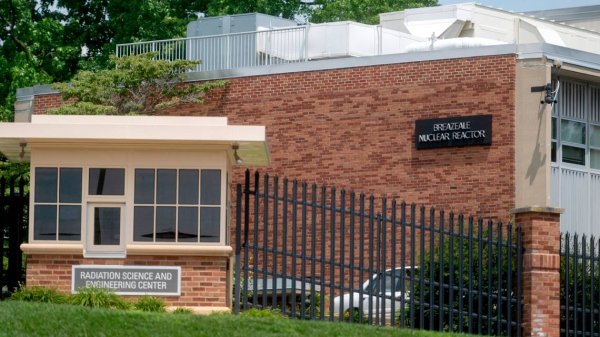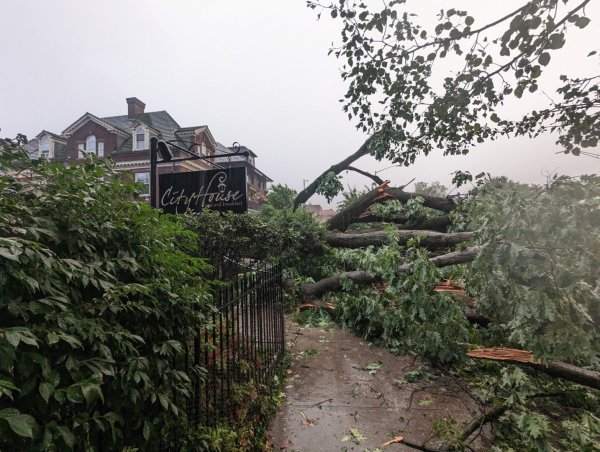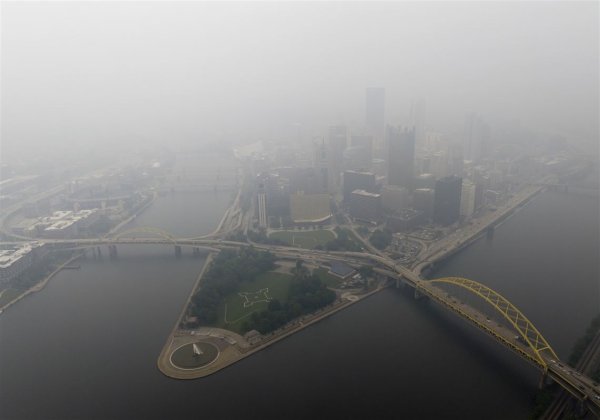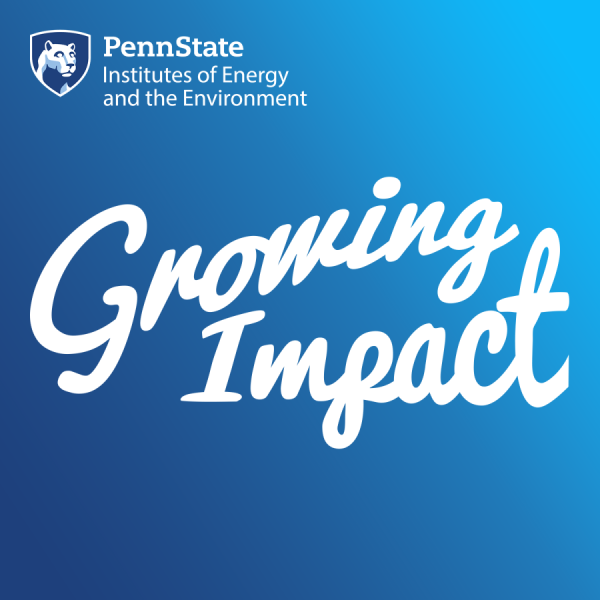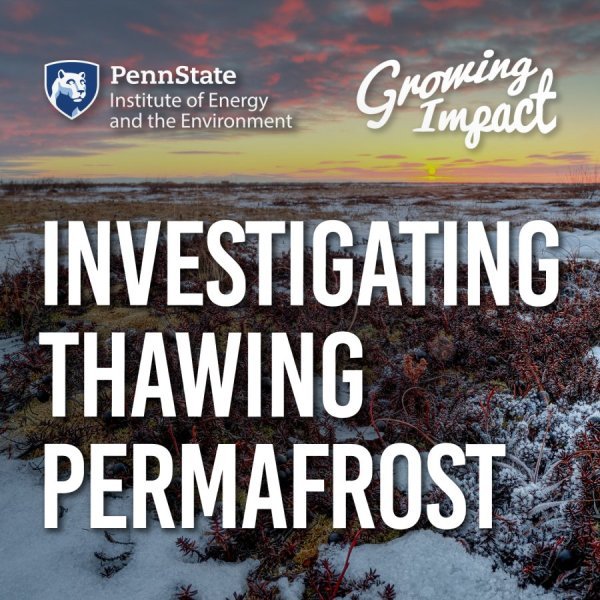Zentropy and the art of creating new ferroelectric materials
| psu.edu
Zentropy, which considers how entropy can occur over multiple scales within a system, may hold promise as a way to develop better ferroelectric materials. A team led by Zi-Kui Liu, the Dorothy Pate Enright Professor of Materials Science and Engineering at Penn State, developed the theory and recently published their latest paper on the concept, providing evidence that the approach may offer a way to predict the outcome of experiments and enable more efficient discovery and design of new ferroelectric materials.
Q&A: Carbon voyage
| psu.edu
Researchers in the Penn State Department of Mechanical Engineering received a $2 million grant from the Navy Decarbonization Research Consortium to study shipboard carbon capture and alternative fuel utilization. The project is detailed in a Q&A with Associate Professor Brian Fronk.
Mussels inspire an eco-friendly way to extract critical rare earth elements
| psu.edu
Rare earth elements play a key role in clean energy, vital to the production of lightweight, efficient batteries and essential components in wind turbines. Conversely, conventional extraction of these elements raises environmental concerns ranging from habitat destruction to water and air pollution to the high amount of energy needed to extract and process these elements. To solve this quandary, Penn State researchers found inspiration under the sea: mussel stickiness.
Q&A: Nuclear engineer awarded DOE Distinguished Early Career Award
| psu.edu
Xing Wang, assistant professor of nuclear engineering in the Penn State College of Engineering, was awarded a U.S. Department of Energy Office of Nuclear Energy’s Distinguished Early Career Award. He was one of five early career faculty employed at a U.S. university to receive the honor, which also included $625,000 to fund a five-year research project related to nuclear energy.
'We're loading the dice': Scientists say record heat is due to climate change
| wesa.fm
July was officially the Earth’s hottest month on record. Scientists say this summer’s record-breaking heat is due in large part to human-caused climate change. This article quotes Richard Alley, Evan Pugh Professor of Geosciences.
$2 billion KeyState project poised to make ‘generational change’
| happyvalleyindustry.com
Pennsylvania’s first-ever carbon capture project, and how the project, headed up by developer KeyState Energy, will have major local and statewide impacts. This article mentions Penn State.
Penn State has operated a nuclear reactor in Centre County for decades. This is its history
| centredaily.com
For the first time in a long time, nuclear science is at the forefront of pop culture thanks to this summer’s long-anticipated release of director Christopher Nolan’s latest acclaimed film, “Oppenheimer.” But in central Pennsylvania, research in the field has had a home at Penn State for decades. This article mentions Penn State.
What can one person do about climate change? Climate Solutions will help you get started
| stateimpact.npr.org
It’s no one person’s responsibility to solve climate change. But little actions can add up.
Mirror, mirror, who is the most efficient semiconductor of them all?
| psu.edu
Current synthesizing approaches to make single-layer nanosheets of semiconducting material for atomically thin electronics develop a peculiar “mirror twin” defect that reduces the performance of devices like transistors. This is a problem preventing the advancement of next-generation electronics, according to researchers from the Penn State’s Two-Dimensional Crystal Consortium-Materials Innovation Platform and their collaborators. But now, the research team may have come up with a solution to correct this defect. They published their work in Nature Nanotechnology.
Erica Smithwick: A practical, financially helpful way to fight climate change
| post-gazette.com
This summer, Pennsylvanians across the state were forced to endure some of the most dangerous levels of air pollution we’ve seen in decades. This op-ed was written by Erica Smithwick, Distinguished Professor of Geography.
Applications now open for CTSI's Community-Engaged Research Fellowship program
| psu.edu
Penn State Clinical and Translational Science Institute (CTSI)’s Community-Engaged Research Core is accepting applications for the 2024-25 Community-Engaged Research Fellowship Program now through Oct. 1. The program offers training and a mentorship network to scientists interested in advancing their community-engaged research expertise across Penn State campuses.
Growing Impact: Season 4
In season four, Growing Impact is expanding: more team members from different disciplines and deeper conversations around the challenges their project is addressing, the inspiration that turned an idea into a project, and the solutions that may arise from these interdisciplinary researchers. Join us on September first for season four of Growing Impact.

